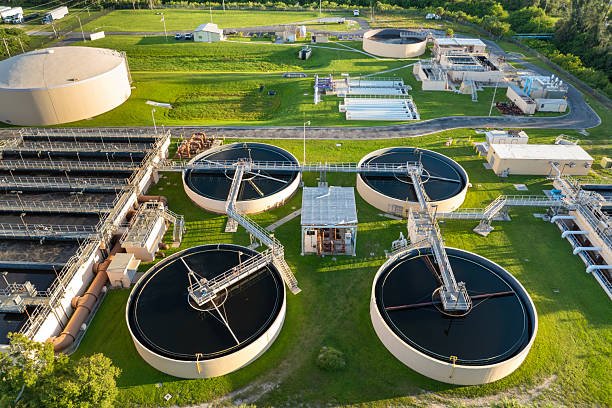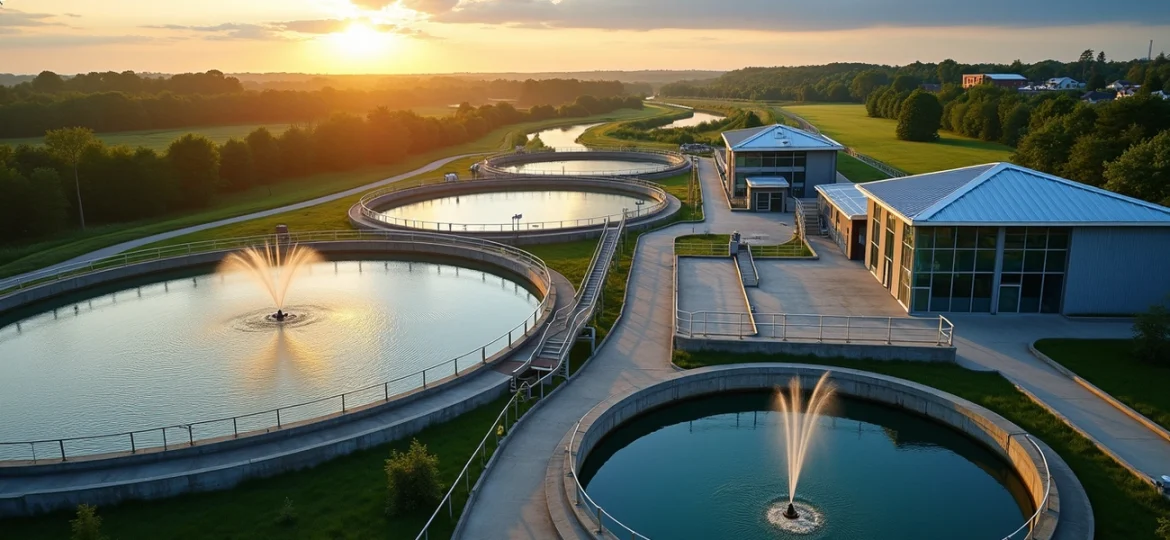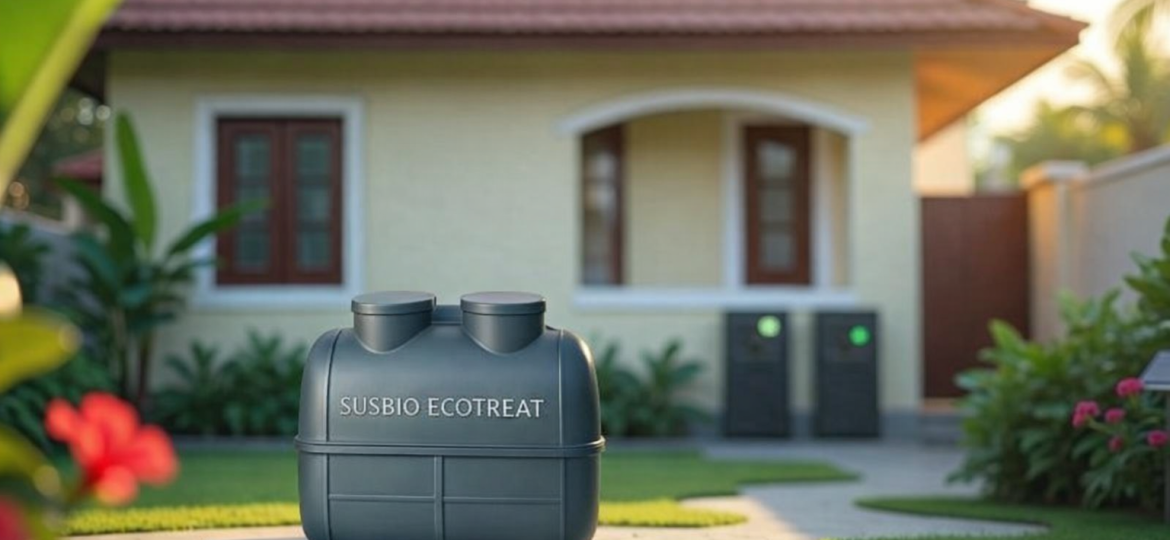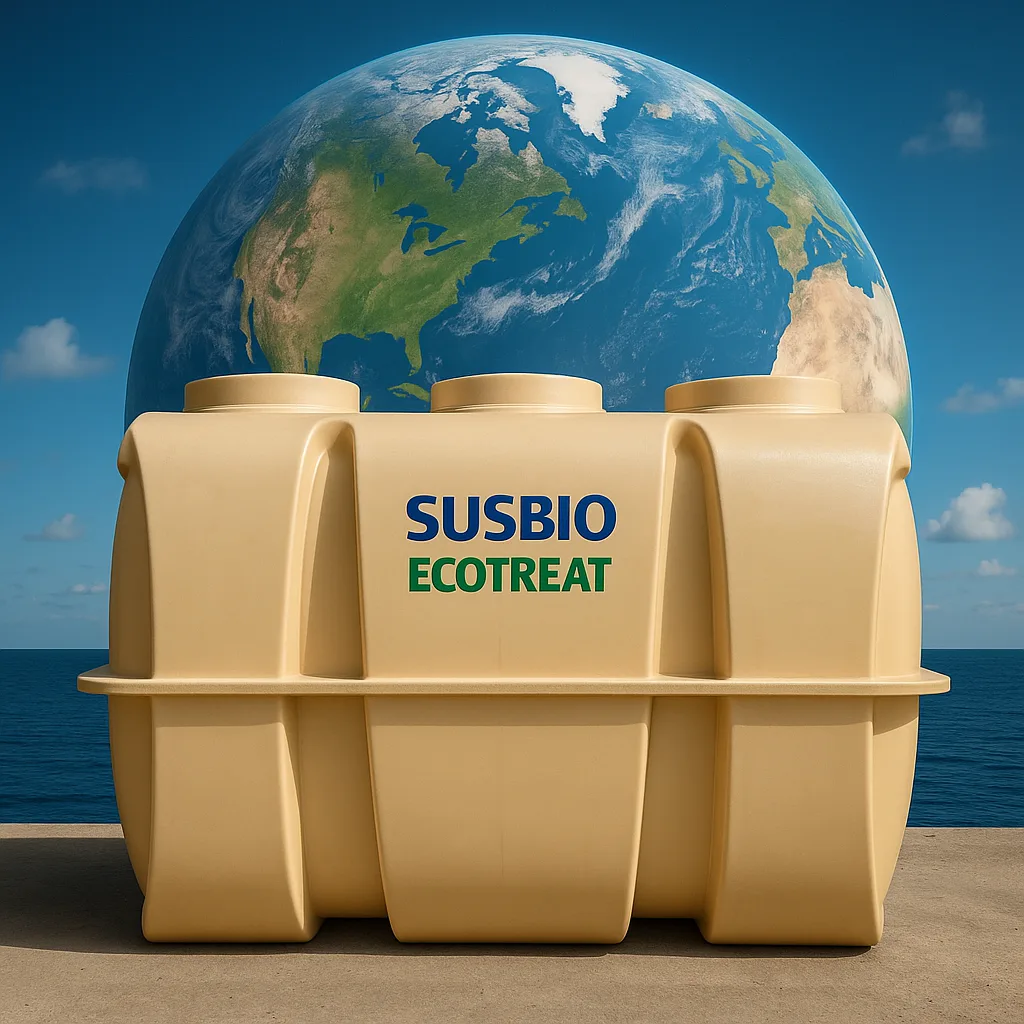With growing urban populations and increasing water pollution, ensuring safe, clean water for residential buildings has become essential. A water treatment plant (WTP) helps remove impurities, providing clean, potable water directly to your property. But with a range of options available, choosing the right WTP for your residential building can feel daunting. Here’s a guide to help you make an informed decision for a dependable, efficient water treatment solution for your property. addressing concerns such as domestic sewage water pollution effectively.
Why Your Residential Property Needs a Water Treatment Plant
Municipal water supplies aren’t always enough to guarantee the quality of water entering your building. Contaminants like sediments, chemicals, bacteria, and heavy metals can still be present in water from the central supply. A residential WTP ensures additional filtration, safeguarding health and enhancing water quality for everyday use. Installing a WTP on your property can also help protect plumbing systems from deposits and corrosion caused by untreated water, reducing maintenance costs in the long run. Implementing a wastewater treatment model ensures that your water treatment system is efficient and effective, providing clean and safe water for all your needs.
Key Considerations When Choosing a Water Treatment Plant for Your Building
Water Quality Testing and Requirements
- Start by testing the quality of the water currently supplied to your property. Understanding the specific contaminants present (e.g., iron, manganese, fluoride, chlorine, bacteria) will help you select a WTP that can effectively target these impurities. You can consult with water quality experts or ask your WTP provider for assistance with testing and analysis.
Capacity and Flow Rate
- The WTP should be capable of handling the daily water demand of your residential property. Capacity is determined by the number of residents, average water consumption, and peak usage times. A system with insufficient capacity can cause inconsistent water supply or strain the plant’s components, leading to frequent breakdowns. Discuss your requirements with a WTP supplier to choose a plant that meets your building’s needs.
Type of Treatment Technology
- Various treatment technologies are available, each designed to address specific contaminants. Some common technologies include:
- Reverse Osmosis (RO): Removes dissolved salts, heavy metals, and other impurities, ideal for areas with high mineral content in water.
- Ultrafiltration (UF): Uses membranes to remove bacteria, viruses, and suspended particles; good for primary filtration.
- Activated Carbon Filters: Effective in removing chlorine, organic compounds, and odors, suitable for treating municipally sourced water.
- UV Disinfection: Kills bacteria and viruses through ultraviolet light exposure, ensuring microbial safety.
- Choose the technology that best addresses your water quality concerns. In many cases, a combination of technologies is ideal, as it provides comprehensive purification for high-quality water output.
- Various treatment technologies are available, each designed to address specific contaminants. Some common technologies include:
Space and Installation Requirements
- Consider the available space in your building for setting up the WTP. Compact or modular WTPs are often best for residential properties as they fit easily in limited spaces and can be installed with minimal disruptions. Additionally, some systems can be installed in basement or rooftop spaces, so discuss location options with your provider to optimize space utilization.
Maintenance and Operating Costs
- Maintenance requirements vary based on the WTP’s complexity and type. Some systems need frequent filter changes or membrane replacements, while others require minimal upkeep. Understand the maintenance schedule and cost implications before deciding, as low-maintenance systems can be more cost-effective over time. Also, assess operating costs in terms of electricity consumption, filter replacement, and chemical use to ensure the WTP fits your budget.
Energy Efficiency
- Look for energy-efficient models that minimize power consumption. Some systems, like gravity-fed WTPs, may use less energy but might not offer the same level of filtration as RO systems. Prioritize WTPs designed to reduce energy usage, as this can significantly impact your building’s operational costs over the years.
Compliance with Regulations and Certifications
- Ensure the WTP complies with local standards for water quality and environmental safety. Reliable WTP providers adhere to certification standards (like ISO, NSF) and regulatory requirements. This not only guarantees water safety but also protects against possible legal issues.
Water Reusability Options
- If you’re looking for a sustainable solution, consider a WTP that facilitates water reuse. Treated water can be repurposed for non-potable uses like landscaping, car washing, or toilet flushing, conserving fresh water. Some WTPs come with dual filtration options that allow a portion of the treated water to be reused for non-drinking purposes, making them an eco-friendly choice.
Finding a Reliable WTP Provider
Choosing the right WTP is only part of the process; working with a trustworthy provider can make a significant difference in long-term satisfaction. Here are qualities to look for in a provider:
- Experience with Residential Projects: Ensure they have a successful track record with residential properties and understand common requirements for multi-occupancy buildings.
- After-Sales Support: Choose a provider that offers maintenance and support services, as these can help extend the lifespan of your WTP.
- Customization Options: Each property has unique needs, so find a provider who can customize solutions based on your building’s water quality and consumption patterns.
- Clear Warranty and Service Agreements: Reliable providers offer warranties and clear service agreements that cover repairs and replacements, ensuring you’re protected in case of breakdowns.
Investing in a WTP: The Long-Term Benefits
A residential water treatment plant WTP doesn’t just provide safe, potable water—it enhances property value, promotes healthy living, and supports sustainable water practices. With cleaner water available directly in the building, residents enjoy better-tasting water for cooking and drinking, safer showers, and water that won’t damage appliances or plumbing. Additionally, a well-chosen WTP that offers water reuse options can help your building reduce its freshwater footprint and environmental impact.
Final Thoughts: Making the Right Choice
Selecting a WTP for your residential property is a decision that impacts not only the quality of water but also the quality of life for residents. By considering factors such as water quality, treatment technology, capacity, maintenance, energy efficiency, and regulatory compliance, you can ensure a solution that meets your building’s needs. Similarly, when selecting a sewage treatment plant model, it’s essential to consider the same factors to ensure effective wastewater management. Partnering with a reputable WTP provider simplifies the process, guiding you in choosing the best system for dependable, safe, and sustainable chemical wastewater treatment.
Installing the right WTP is an investment in the health, sustainability, and well-being of your residential community. Make the choice that brings pure, safe water to everyone in the building, fostering a healthier and greener environment for all. Similarly, choosing a reliable sewage treatment plant on ships ensures safe and efficient wastewater management, contributing to a healthier environment onboard and reducing the ecological impact. For top-notch solutions, consider a trusted sewage treatment plant manufacturer in Gurgaon for your needs.”






